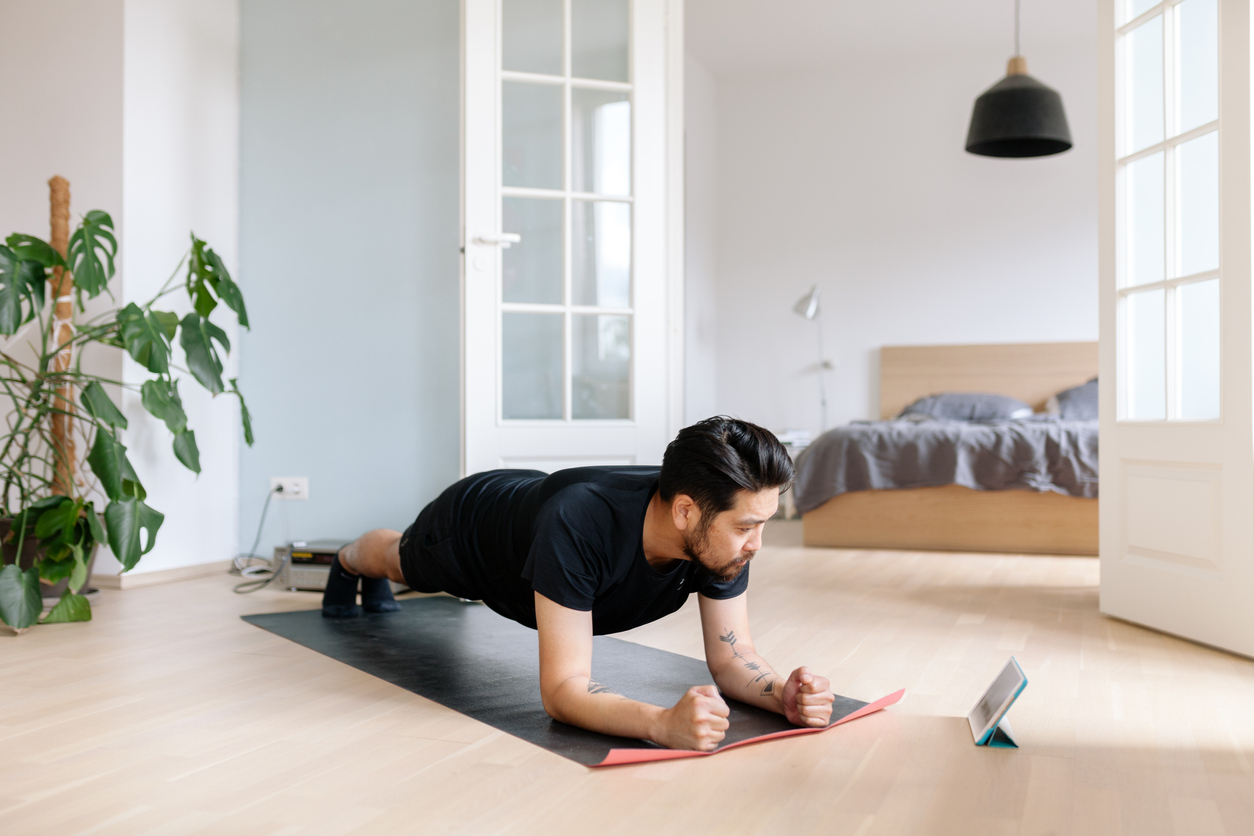
The devastating physical effects of COVID-19 are obvious including job security, uncertainty in general, business closures, and much more. But have you considered the toll it takes on your mental health?
With stay-at-home orders, unemployment, and concerns about infection, is it any wonder that so many Americans have more depression and anxiety during this challenging time?
This period of heightened stress can dramatically affect your mental health. Thankfully, with technology such as Telehealth, you can stay in touch with your mental health counselors at all times and seek their advice and guidance.
Why Is Mental Health Important?
Mental health is important because it can affect every aspect of your life. This includes your job, your marriage, your relationship with your family and your general well-being. When you’re experiencing mental health issues, it may seem impossible to complete even basic work assignments or care for children.
Mental health can also impact your physical health. For example, chronic anxiety and stress can have a negative effect on your heart, particularly if you already have an illness like high blood pressure.
While everyone has periods of depression or anxiety, when these escalate to the point that it is difficult to function in day-to-day life, it is time to get help from a qualified mental health counselor.
How to Improve Your Mental Health
If you show signs of clinical depression or other mental health conditions you should schedule an appointment with a mental health professional to get the help you need.
Remember, if it is not possible to meet in person, Foundations Counseling also offers video meetings and treatment through telehealth.
Given the challenging times, we have outlined seven ways you can help improve your mental health during the coronavirus uncertainties.
7 Ways to Improve Your Mental Health During COVID-19
1. Limit the Amount of News You Watch
Of course, it’s important to stay informed, but sometimes the constant streaming news stories can be too much. After a while, they can be extremely upsetting, and watching the 24-hour news cycle can create a lot of anxiety.
Instead, schedule time to watch something fun. Maybe there’s a movie you’ve always wanted to see on Netflix. Maybe you want to revisit a funny movie or play board games.
The important thing is to make sure you don’t suffer from information overload. Give your mind a break and let it have a chance to “have fun” through more uplifting entertainment.
2. Take Care of Yourself Physically
Physical and mental health are closely intertwined. To help protect your mental health you should also safeguard your physical health. This includes:
- Avoiding junk food
- Eating healthy meals
- Getting enough sleep
- Exercising regularly
- Avoiding excessive alcohol use
- Taking medication as prescribed
3. Talk to Other People
Social distancing has transformed your social life, but that doesn’t mean you can’t stay in touch with those important to you. Phone calls help, but sometimes you need to see a face. Utilize video chat programs such as What’s App, Skype and Zoom to keep the lines of communication open.
You may find it therapeutic to reconnect with old friends or relatives you may have lost touch with through the years.
4. Be Sure to Do What You Enjoy
Sometimes the anxiety of the unknown makes it easy to forget the things you love to do. Make a list and plan to participate in as many as possible.
Granted, you may need to adjust based upon current guidelines. For example, if you enjoy basketball with friends, you won’t be able to participate in this activity. However, perhaps you can join those same friends for a walk in the park.
Remember that there are often creative ways to still participate in the things you love. Here’s another example: If you enjoy meeting with your book club, organize a meeting through Zoom or another conferencing program.
5. Practice Meditation
Studies have shown that meditation relaxes both your body and mind. All you need is a quiet location, a comfortable position and an open mind. How does meditation help? Studies show that meditation:
- Can help relieve stress
- Gives you tools to manage stress
- Reduces negative emotions or attitudes
- Nourishes creativity
- Helps you be more patient
- Allows you to clearly focus on the present
Long-term research is still ongoing to see if meditation is a great complement to traditional treatment. Talk to your licensed counselor about whether or not this would be a good activity for you.
6. Use Social Media Carefully
Of course, what better way to stay in touch with people than through Facebook or Instagram? There are several great benefits of social media, but it also has some drawbacks.
Many well-meaning friends may spread information that is false or misleading. Just because you saw it on social media doesn’t mean it’s true.The last thing you need is stress caused by questionable information.
7. Talk to a Licensed Counselor
There are many qualified mental health counselors available to help you at Foundations Counseling. If you or we are unable for a visit in person during COVID-19, we also offer virtual appointments.
Remember that not everyone responds to stress in the same manner.This is why it will help to make a list of things you’d like to talk to the counselor about. This includes worries about yourself or others.
Foundations Counseling is Here for You
We understand the importance of keeping our community safe from COVID-19. We want you to know that we are safeguarding the health of our patients and the counselor team to help ensure that everyone is protected.
We believe that it is important to share facts and assist those in need with mental health issues due to COVID-19. Together, we will get through this challenging time.
We are always here to help the people residing in McKinney, Plano, Dallas, Denton, Allen, Garland, and the surrounding communities found throughout Texas. If you believe that you are struggling with mental health issues at this time, we highly recommend that you reach out to our professional counselor team at Foundations Counseling.



